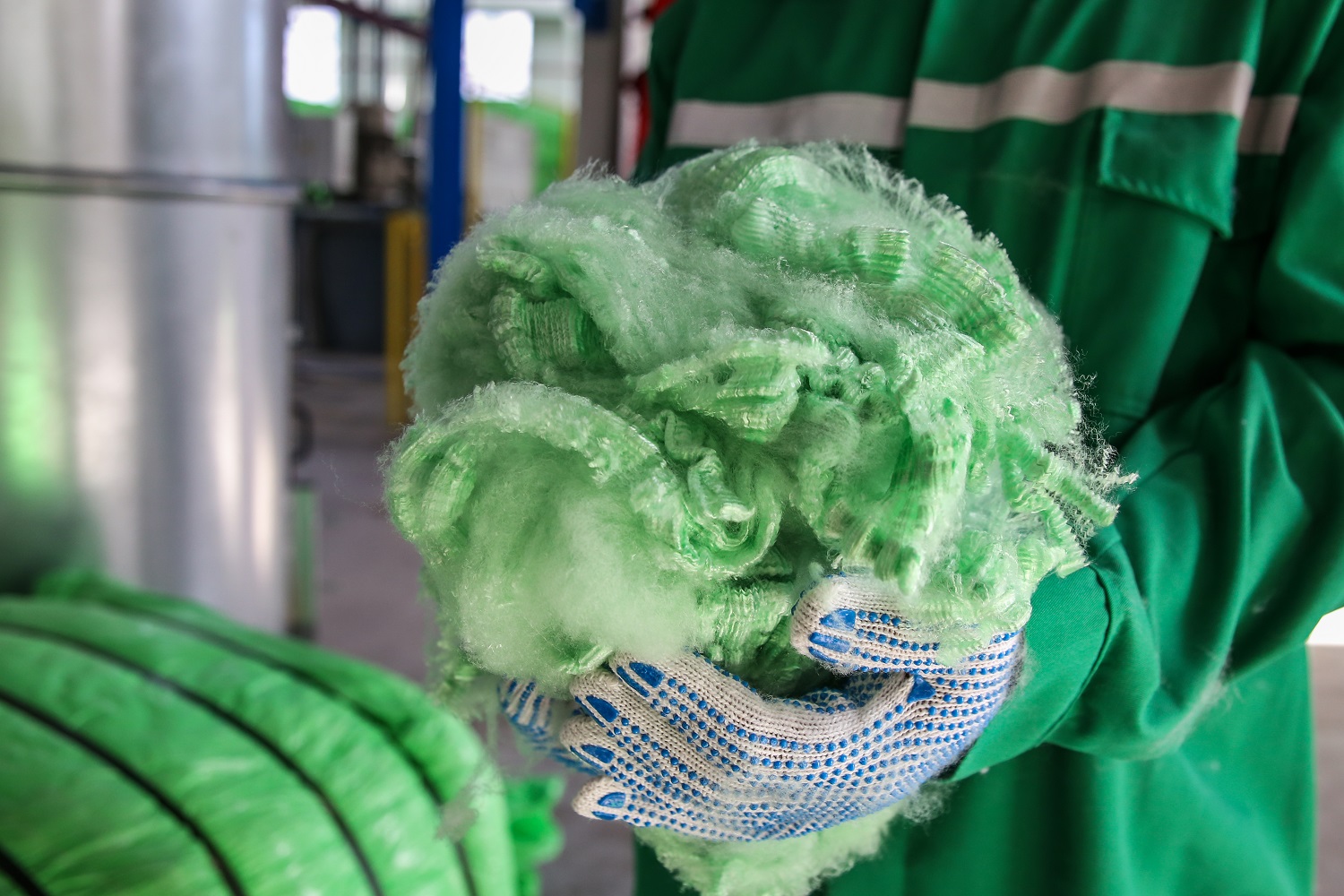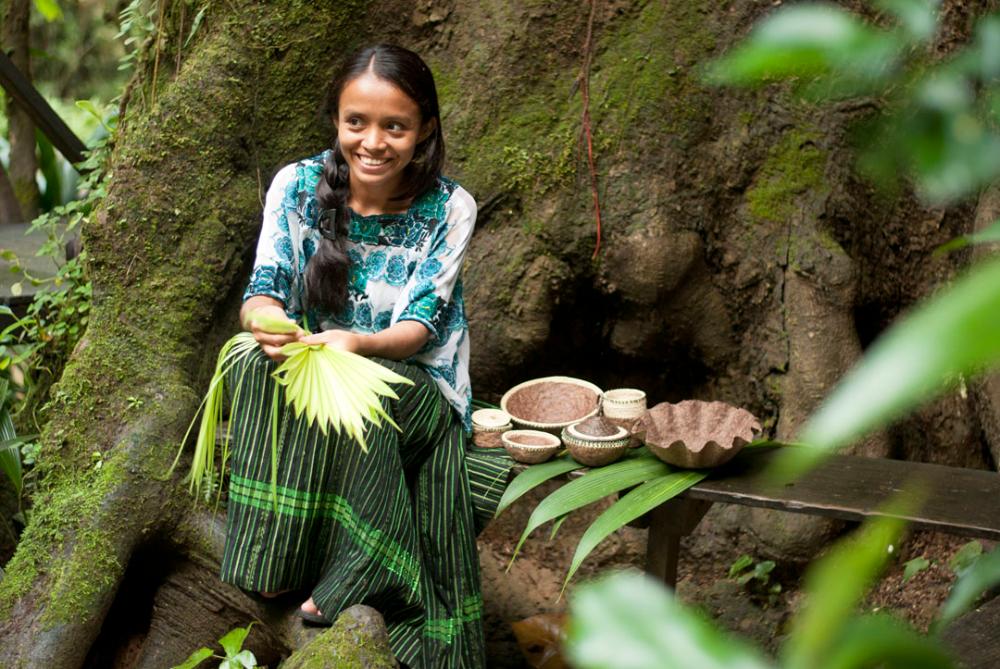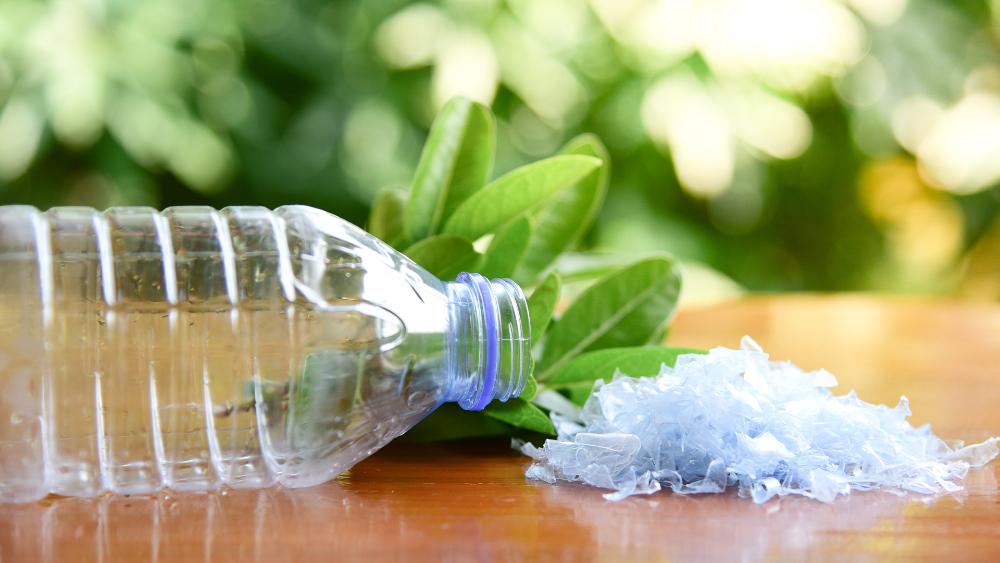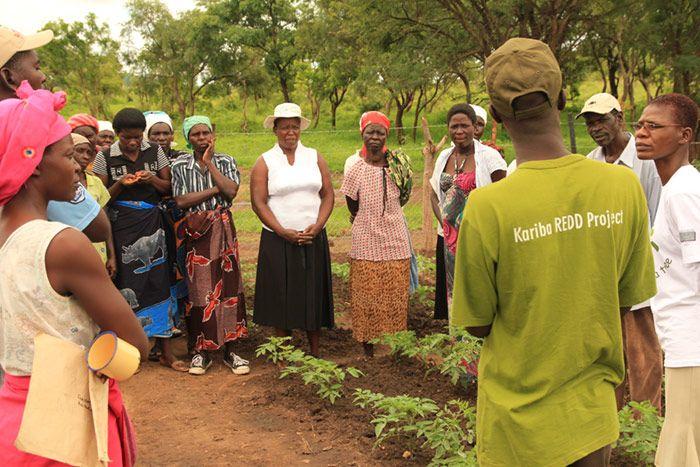Guatemala, Romania and Zimbabwe. Support to LifeGate's 'Zero Impact' project

The Sella group has chosen the LifeGate "Zero Impact" project to implement the three-year process of reducing its carbon footprint and offsetting CO2 equivalent emissions.
The project fosters the protection of growing forests, and the development of energy efficiency and renewable energy production initiatives making it possible to counterbalance unavoidable residual CO2 emissions under the Kyoto Protocol.
The Sella group, through the purchase of carbon credits, is already supporting three specific initiatives in Europe, Africa and Central America, certified by international bodies. In particular:
- The initiative in Guatemala aims to protect the landscape of the Caribbean coast of the state (almost 60 thousand hectares) and reduce greenhouse gas emissions by fostering ecosystem conservation and practical and sustainable economic activities;
- In Romania, a project is in place to reduce emissions related to plastic recycling. The first certificate for compensation in Europe is underway, which use PET waste for recycling by significantly cutting down (up to 48%) the greenhouse gas emissions that would come from the production of plastic products;
- The project in Zimbabwe focuses on the protection of the Kariba forest. Since 2011, nearly 785,000 hectares have been preserved from deforestation and soil degradation, avoiding the release of over 3.5 million tons of carbon dioxide into the atmosphere every year.
Project 1 Guatemala

The forests of the Caribbean coast of Guatemala have a legacy of extraordinary beauty and biodiversity. Hundreds of landowners and local communities have joined together to protect almost 59 341 hectares of forest coast. The coast is the migratory corridor of hundreds of bird species flying between North and South America every two years.
The project protects the Izabal rainforests that generate the water supply used by local communities and strengthens vulnerable coastal areas at risk from severe weather events such as hurricanes.
Impacts and benefits
- Protecting biodiversity. The Mesoamerican Biological Corridor is vital for migratory birds making their biennial journey from the North to the South of the Central American coast. Up to 504 varieties of birds in the project area and 120 migratory species take advantage of the Guatemalan forests as the primary place of their wintering and transit. The project protects the habitat of 30 species of high conservation value.
- Local economic development. Izabal is home to some of the Guatemalan communities with the lowest incomes in the country. Funding from the sale of carbon credits helps to counter the economic drivers of deforestation. The project integrates conservation approaches with productive land use, helping local communities to pursue a lifestyle with sustainable livelihoods. Over 100 local and indigenous communities benefit from the project and actively participate in the decision-making and implementation of activities. The project aims to create almost 720 jobs, 30% of which are carried out by women. It also supports the development of a network of tourist sites and ecological reserves throughout the Caribbean region of Guatemala to foster the conservation of the coast as an ecotourism destination.
- Benefits for women. The project aims to improve access to health care for under-served communities and has built 24 community-run clinics that provide primary health services. Improving health services gives women more opportunities to take part in education, finding a job, and earning a salary. The project objectives involve support to the education of young women to finish elementary school, continue with high school, and providing direct training to increase job opportunities.
Project 2 - Romania

The project to reduce emissions from PET recycling in Romania, developed by Greentech, a member of GreenGroup, is the first project in Europe to use PET waste for recycling. It significantly reduces greenhouse gas emissions that would, otherwise, result from the production of plastic products, thereby accelerating the achievement of many of the United Nations Sustainable Development Goals. It is the only integrated recycling park in Romania, the first of its kind, and the largest in south-eastern Europe.
This project directly contributes to the development of the circular economy.
Impacts and benefits
- Environmental impacts. The production through recycled material involves the reduction of up to 48% less CO2 emissions than the production of the same products using virgin PET material. Consumption is reduced by 30%, and there is a saving of fossil fuels up to 75% compared to the production process from virgin PET. In addition, the environment is also cleaner thanks to the collection of waste PET bottles and recycling.
- Social impact. The project allows for an increase in job opportunities in the areas of Buzau, Iasi, Frasinu and Urziceni in Romania. It promotes gender equality by encouraging women to fill managerial roles, including first-level ones. At the educational level, the program pays a significant contribution to social development, addressing the issues of ecology and recycling in all schools in the region. All services within the company are provided by local resources, this allows the development of regional technological capacity with constantly growing manpower and technical maintenance skills.
- Innovation. Green Group has been recognized as the first company to be certified by the international Gold Standard certification for reducing up to 60,000 tons of CO2 each year. Green Group recently launched a project in cooperation with the Circular Economy Coalition, the City of Buzau and the Institute for Circular Economy with the following objectives:
- identify new business models for production, distribution and consumption that allow the transition from the possession of goods to the enjoyment of services.
- allow the movement of more targeted logistics systems to specific areas to offer dedicated services.
- promoting human activities that play a role in the protection of ecosystems and the reconstruction of natural capital.
Project 3 - Zimbabwe

Since its launch in 2011, the Kariba project has been protecting nearly 785,000 hectares from deforestation and soil degradation, preventing the release of over 3.5 million tonnes of carbon dioxide into the atmosphere each year. In recent decades Zimbabwe has suffered from severe limitations of economic opportunities that have progressively pushed local communities to enter more and more forests, clearing and destroying the area to develop subsistence agriculture and produce firewood. More than a third of Zimbabwe¿s majestic forests went lost.
Impacts and benefits
- Environmental impacts. The protected area extends south of the shores of Lake Kariba near the border between Zimbabwe and Zambia. It is a gigantic corridor of biodiversity protecting an expansive forest of nearly 785,000 hectares and several vulnerable and endangered species. The above has enabled a reduction of over 3.5 million tons of Co2 on average every year since 2011.
- Social impacts. The project supports a range of activities to promote the independence and well-being of local communities by creating jobs and sustainable incomes, benefiting the entire region. The main interventions concerned:
- an improvement of health services and healthcare through 14 clinics;
- the re-commissioning of 147 wells which allowed 37,000 people to access drinking water;
- school subsidies for the poorest communities
- development of conservation agriculture, with the creation of gardens managed by the local community, training courses for beekeeping and fire management.